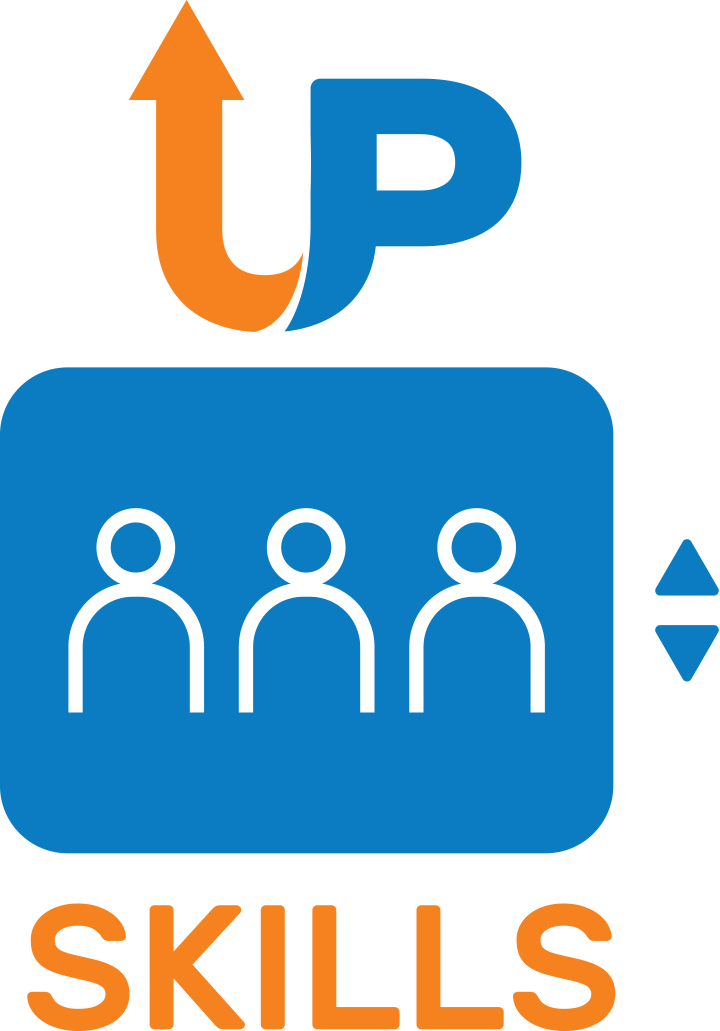Learning Content & Research-Based Teaching
Student Project Showcase
Collocations: We All Love Them, But Do We Know Them?
by Monika Zeba (University of Rijeka)
Imagine this scenario: You wake up and make your bed. Then, you take a shower and have some breakfast. After breakfast, you put on your clothes and get ready to start the day.
These three short sentences describe a pretty simple morning routine, and you probably wouldn’t give them much thought after you’ve read them, right? That’s because we use language automatically and some words just “sound right” when we put them together. Those words that we so often combine are called collocations, and the three sentences above consist almost entirely of them. So, when we look at those sentences again, we discover that waking up, making a bed, taking a shower, having breakfast, putting on clothes, getting ready and starting the day are actually collocations!
As a matter of fact, we use collocations so often that we hardly ever think about them. They just “feel right” in almost the same way as saying or writing our name and surname together. Yet, if it weren’t for a man named John Rupert Firth, who coined the term “collocation” about 70 years ago, who knows what we would call them today! Sometimes I like to call them “word soulmates” just because of how naturally they go together and make perfect sense.
But, what happens if we speak two languages and have to deal with twice as many collocations as someone who speaks only their mother tongue? As a bilingual person, I can confirm that finding the right combinations of words in my second language can sometimes be difficult. That is why, when we were offered an opportunity to conduct research in our Acquisition of English as a Second Language course, my colleague and I decided to test how well third-year English Language and Literature undergraduate students at the University of Rijeka, Croatia, whose mother tongue is Croatian, know English collocations.
The first step was finding previous research on collocations that would inspire our own and give us some useful ideas. After reading several studies, we settled on two research questions: (1) Is there a difference between L2 learners’ productive and receptive knowledge of collocations in English? In other words, are L2 learners better at producing or recognizing collocations in English? And: (2) What is the most difficult type of collocation in English for L2 learners?
Since this was the first piece of research that my colleague and I have ever conducted, we didn’t really know what to expect from the whole process. However, we liked our research topic and were ready to move on to the second step, which was to develop the tests and administer them to our participants.
Our original plan was to test participants in person at the faculty. That plan, unfortunately, fell through after we realized how hard it is to find an empty classroom and a time slot that would suit everyone. Therefore, we had to find another way to administer the tests and collect the data we needed. The solution was, of course, the internet.
We decided to use Google Forms to create the tests and then send them to our participants via email. This was tricky for several reasons. The first was the fact that participants had to click on three different links one after another in order to complete the testing. Since we couldn’t offer them any kind of reward for participation, there was no guarantee that they wouldn’t give up after filling in the first or the second Google Form. But that was the risk we had to take.
The second reason was timing. It was the end of the teaching term, and our potential participants were already busy enough preparing for their final exams, so adding more tests to their plate wasn’t something that necessarily made them happy. As researchers who were at the same time students, we were aware of this and made peace with the fact that we probably wouldn’t recruit many participants. The important thing was not to give up and make do with the data we manage to collect.
Therefore, even though we were facing some challenges, the research process was in motion. The links to the Google Forms were sent, and all that was left to do was wait. The first link led our participants to an informed consent form, a background questionnaire and a proficiency test. The second one led them to a gap-filling test on collocations, and the last one led them to an acceptability judgment task on collocations.
The proficiency test was used to measure the participants’ level of general proficiency in English. My colleague and I decided to use a type of test known as the C-test, in which participants had to supply the second part of every second word starting from the second sentence in the text. The test comprised three short texts with a total of 60 gaps.
The gap-filling test included 30 sentences with three different types of collocation: adverb + verb, adjective + noun and verb + noun. There were 10 sentences with each type of collocation and they were all missing either an adverb, adjective, or verb. The participants were asked to provide the missing words to complete the sentences. To make this task a little easier and lead the participants in the right direction, the first letter of each missing word was provided.
In the acceptability judgment task, there were 66 sentences, which included 30 combinations of words that usually go together and form true collocations, and 36 combinations of words for which the opposite is true. There was a one-word combination per sentence. All the word combinations in focus were underlined. What the participants needed to do was decide whether the underlined word combinations were “completely acceptable”, “somewhat acceptable”, “somewhat unacceptable” or “completely unacceptable”.
The tests were available to our potential participants for two weeks. Only seven of them decided to do the tests. A little disappointed, but not at all surprised, my colleague and I got to analyze the data. We did not have much data, so every piece was valuable.
The background questionnaire revealed that the average age of our participants was 22, that their mother tongue was Croatian, and that the average age at which they started to learn English was seven. The results of the proficiency test showed that all our participants were rather proficient in English.
The most exciting part was analyzing the data from the two tests on collocations, as these data were relevant for answering our research questions. This phase of research took the longest, but it definitely paid off. In the preliminary phase of data analysis, we had to be really careful not to mix the data of each participant from three different Google Forms.
As it turned out, our participants were better at recognizing than producing the correct collocations. This gave us the answer to our first research question: There is indeed a difference between L2 learners’ productive and receptive knowledge of collocations in English.
It also turned out that adverb + verb collocations caused our participants most difficulties, while verb + noun collocations were the easiest ones. Therefore, the answer to the second research question was that adverb + verb collocations were the most difficult type of collocation in English for L2 learners.
Therefore, despite the obstacles that we came across, my colleague and I found a way to complete our research. Considering that this was our first piece of research, I think we did a pretty good job. Nonetheless, practice does make perfect, and there are several pieces of advice that we would give our past, pre-researcher, selves if we could.
The first and probably most important piece of advice is not to give up. Conducting research is fun, but also challenging. Yet, you soon realize that almost every problem can be solved if you are willing to look for a solution. In ideal circumstances, our research would have been conducted in person and there would have been a lot more participants. However, circumstances are rarely ideal, and there is a great chance that you will need to compromise and sometimes even improvise. Hence, the second piece of advice is to expect that some things will not go according to your original plan and be prepared to change it. My colleague and I definitely did not stick to our original plan, but we still managed to answer our research questions. So, my final piece of advice is to be brave, creative and persistent. Face the challenge – it will probably be worth it.

Monika Zeba
My name is Monika Zeba, and I’m in the second year of my graduate studies in English Language and Literature and Philosophy in the Faculty of Humanities and Social Sciences at the University of Rijeka, Croatia. In 2021, I wrote my BA thesis on stoic ethics. This year, I will be working on my MA thesis, in which I will explore philosophical aspects of vulnerability. In the future, I would like to further pursue my passion for language and philosophical thought by finding different ways in which I would continue to combine them. In my spare time, I like to write short stories, perpetuating my thoughts by playing with language as a never-ending source of inspiration.
